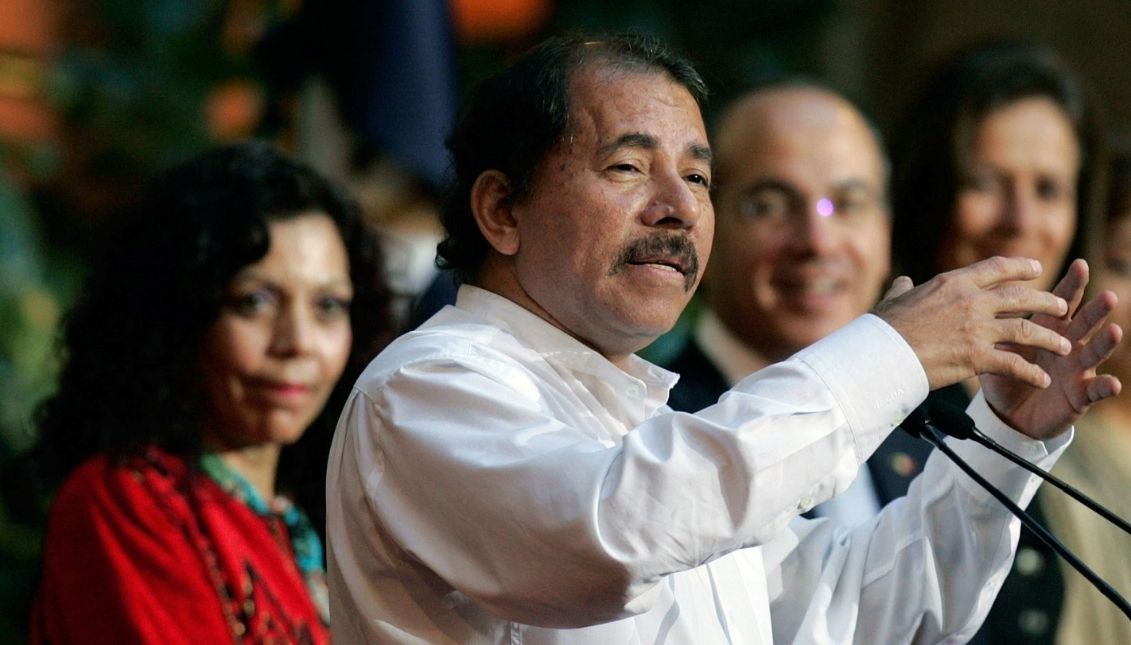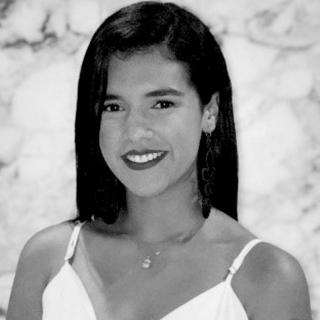On Sunday night, Nov. 7, Daniel Ortega prevailed as Nicaragua's re-elected president with 75% of the total vote. With this presidential term, Ortega is on track to complete two decades in power.
Ortega's "victory" was not a surprise, since during the election day, the seven opposition candidates who had the possibility of snatching the presidency from him could not participate, because they were imprisoned or had to go into exile.
Manuel Orozco, Nicaraguan analyst associated with the Inter-American Dialogue, and an expert in migration and member of the Harvard Center for International Development, explained that "the scheme of fraud and weakening of the opposition began to be applied a year ago, when the clan realized that it could not win in a fair fight at the polls. Not accepting popular resistance and the desire for democratic change, Murillo and Ortega designed a plan so that no one would overshadow them."
Ortega first governed Nicaragua in 1980, returned to power in 2007, and has not left the presidency since. In 2011, he was re-elected under the protection of a questionable 2009 court ruling that declared the constitutional ban on successive re-election inapplicable only to him.
Reactions from the United States
U.S. President Joe Biden said that the elections were a "pantomime" and announced that the country will apply diplomatic and economic sanctions against the regime.
"What Nicaraguan President Daniel Ortega and his wife, Vice President Rosario Murillo, orchestrated today was a pantomime election that was neither free nor fair, and certainly not democratic," the White House said through a statement.
"We will continue to use diplomacy, coordinated actions with our allies and regional partners, sanctions, and visa restrictions to hold those complicit in supporting the Ortega-Murillo government's undemocratic acts accountable," Secretary of State Antony Blinken said in a statement, referring to the president and his wife, Vice President Rosario Murillo.
Joseph Borrel, High Representative of the Union for Foreign Affairs and Security Policy, called for the "return of Nicaragua's sovereignty to the Nicaraguan people."
In line with the actions taken by the United States, the European Union also left the door open to apply sanctions against the administration of Daniel Ortega and his vice-president, seeking to press for a democratic solution for the Central American country.
Reactions in Latin America
In the Latin region of the continent, four former presidents have demanded Latin American governments to disavow the results of the presidential elections in which Ortega participated without competition, while requesting the isolation of the regime in Managua. The request is signed by Fernando Henrique Cardoso of Brazil, Laura Chinchilla of Costa Rica, Juan Manuel Santos of Colombia and Ricardo Lagos of Chile.
"This Nov. 7, Nicaragua has experienced an election day marked by the violation of citizens' rights to freely and democratically elect their authorities. What happened is serious for the future of the Nicaraguan people as well as for the rest of Latin America, because there the itinerary by which a democracy becomes an autocracy was rigorously applied," the former presidents lay out in their request.
The former presidents demanded that the results of the elections be ignored by all the governments of the continent and that the Nicaraguan crisis be treated as a priority at the next OAS General Assembly, to be held in Guatemala between Nov. 10 and 12.
For his part, the President of Colombia, Iván Duque, also spoke out against the result.
"Clearly we cannot recognize the results of the elections in Nicaragua," the president said from Israel.
"I say it without any fear, Colombia will not recognize the result of these fraudulent elections. This should not surprise us, this was the chronicle of an announced fraud," Duque continued.
So far, Ortega's regime is only supported by some Latin American leftist politicians such as the president of Venezuela, Nicolás Maduro, who expressed that "voting in Nicaragua, voting in Venezuela is a step towards peace, stability, progress and prosperity of our countries."











LEAVE A COMMENT: